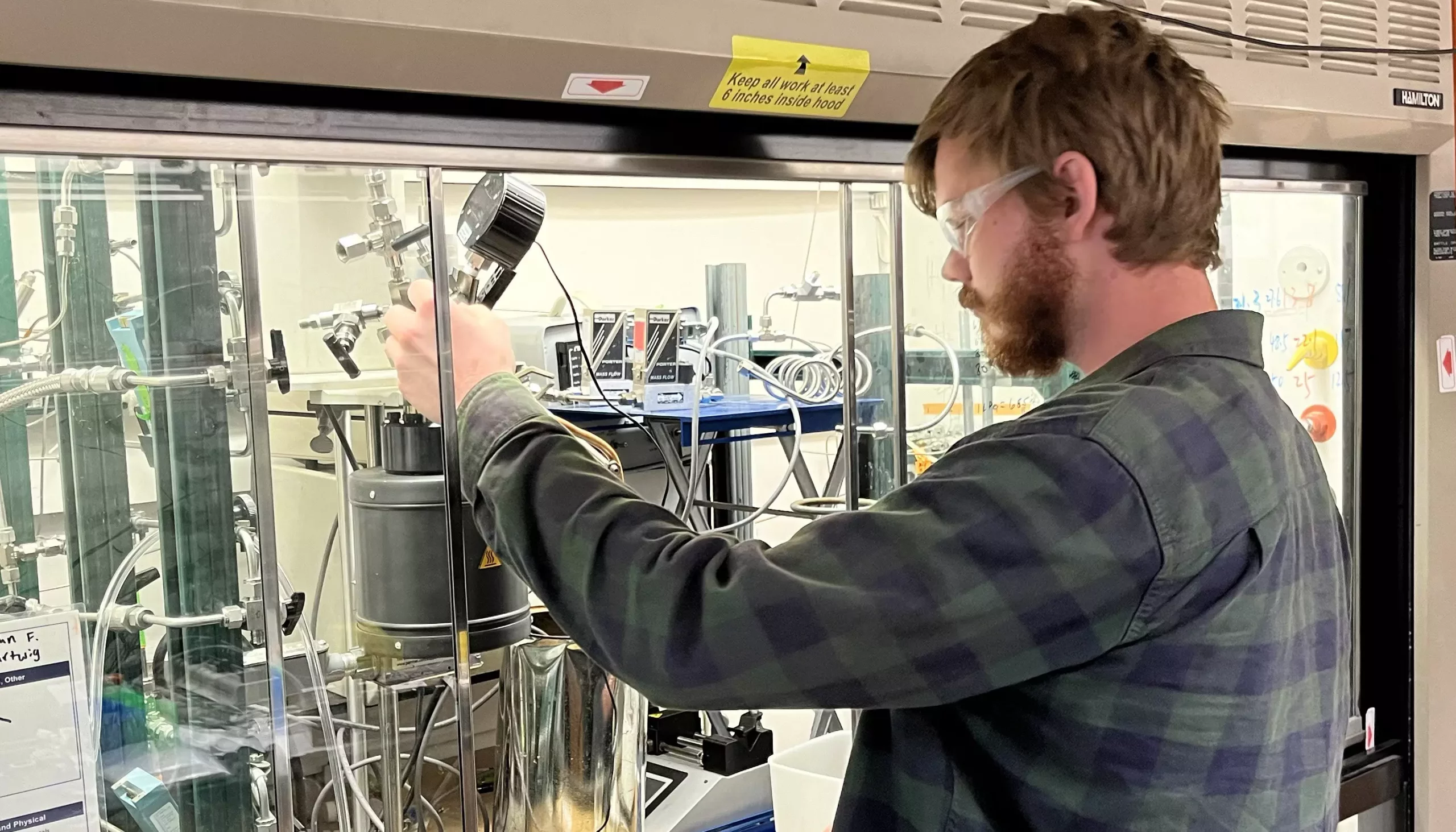The problem of plastic waste has reached critical proportions, with millions of tons ending up in landfills and oceans every year. Yet, a team from the University of California, Berkeley may have found a solution that could change the future of plastic recycling. This innovative approach not only promises to recycle two of the most prevalent plastics—polyethylene and polypropylene—but also heralds the potential for a circular economy for these materials, significantly reducing reliance on fossil fuels.
The rise of single-use plastics has made polyethylene, commonly found in grocery bags, and polypropylene, used in containers and household items, dominate the global waste stream. Currently, around 80% of these plastic types are discarded—either incinerated or buried, leading to environmental degradation and the emergence of microplastics. The research led by John Hartwig and his colleagues sheds light on a critical advancement in recycling technology that recasts these polyolefins into valuable hydrocarbon building blocks.
This newly developed catalytic process can effectively break down these prevalent plastics into their monomeric forms, opening pathways for the creation of new plastics without the need for virgin materials. This is an essential step toward achieving circularity in the plastic industry, an objective that has long been sought but has remained elusive due to the stability of polyolefin chains.
The researchers utilized an innovative chemical mechanism involving solid catalysts instead of the traditionally used liquid, soluble counterparts. This not only increases efficiency but also reduces costs, making the process feasible for large-scale implementation. Conk, Hartwig’s graduate student, played a pivotal role in experimenting with these more robust catalysts, demonstrating that sodium on alumina and tungsten oxide on silica could effectively degrade polyolefin chains.
By successfully generating reactive carbon-carbon double bonds within these robust polymer chains, the approach allows for the breakdown of polyethylene and polypropylene into economically valuable propylene and isobutylene. This is akin to finding a biological mechanism that can digest complex carbohydrates into simple sugars, facilitating easier reuse.
The results from the study showed nearly a 90% efficiency in converting these plastics into usable gases. Such high yields mark a significant advancement over previous methods, which often yielded lower returns due to the limitations of more complex and less robust catalytic solutions.
The implications of this research are profound. Approximately two-thirds of global post-consumer plastic waste is attributed to polyethylene and polypropylene, and current recycling methods often result in low-value byproducts that fail to solve the core issue. By transforming this waste into fundamental building blocks, the technology promises a sustainable pathway that can mitigate the environmental impact of plastic pollution.
This catalytic process could pave the way for commercial facilities focused on converting plastic waste into reusable materials, thereby fostering a new economy rooted in sustainability. Hartwig highlights the importance of addressing the issue at hand rather than merely calling for the outright elimination of widely used materials. The truth is, as long as these polyolefins are economically viable and have functional properties, they will remain integral to everyday life.
Turning these findings into a practical reality will require considerable effort, including the scaling up of the process for industrial applications. While the potential for creating a circular economy exists, the implementation hinges upon collaboration among scientists, industry stakeholders, and policymakers. Europeans and other regions are expressing a growing demand for advanced recycling technologies; thus, investing in such developments could simultaneously address waste management and fuel industry innovation.
Furthermore, as the world grapples with the impact of plastic waste, public awareness and policy reform will play crucial roles in supporting technologies like these. Education campaigns informing consumers about the lifecycle of plastics and recycling options could complement these advancements in chemical recycling, enhancing community engagement in sustainability initiatives.
The research conducted by UC Berkeley offers a promising glimpse into the future of plastic recycling. With its focus on polyolefins and the development of effective catalytic methods for their breakdown, this study provides hope that recycling can transition from a concept to a practical application, ultimately leading to a greener, more sustainable world.


Leave a Reply